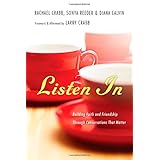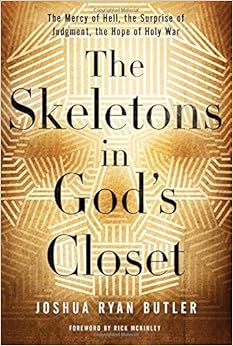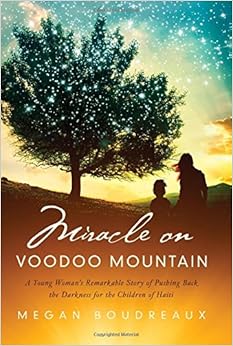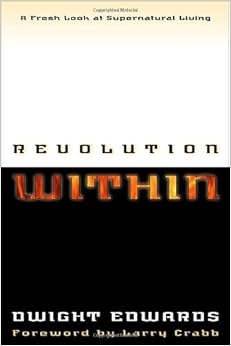If you have followed my blog or book reviews for any time at all, you know that one of the most significant influences in my life has been Dr Larry Crabb. I have read all of his books--some repeatedly, listened to any audio lectures I can find, and attended his School for Spiritual Direction and Next Step School for Spiritual Direction. With that exposure, I have had the pleasure of both direct and indirect contact with his wife Rachael, who was one of the three authors of Listen In: Building Faith and Friendship Through Conversations That Matter (2015, Intervarsity). The brief conversations that I have had with her have mattered to me.
Listen In is a unique book. Rachael, together with her good friends Sonya Reeder and Diana Calvin provide the reader with transcriptions of several intentional conversations they had with one another. The basic process, which Rachael shared near the end of the book, involved each person writing down a shaping event from their lives and reading it to the group, which then led to intentional conversations. The basic structure for their conversations included: identifying intentional purpose, tuning in to present experience, being curious and offering feedback, exploring shaping events, and creating a vision for one another.
As I read this book, I was able to get a glimpse of each of these women's uniqueness and gospel-centeredness. They demonstrated a deep desire to love one another through "sacred curiosity" and "conversations that matter", both phrases that characterize New Way Ministries. Although this book is primarily targeted to women, as a man, I was edified and encouraged by what I read.
So, who would benefit from this book? It is clear throughout that the primary audience is women. I am eager to put this book into the hands of several women that I know. I think Listen In has a very real potential to deepen conversations and help women to grow in love for one another. However, I would also want to put it into the hands of men. As a man, reading this book, I found that it provides insight into how women--at least these three women--think and relate. Yet, men can also benefit from conversations that matter and Listen In provides a practical introduction. Finally, I think this book would help to equip church leaders to guide the church in how we can learn to relate more deeply.








